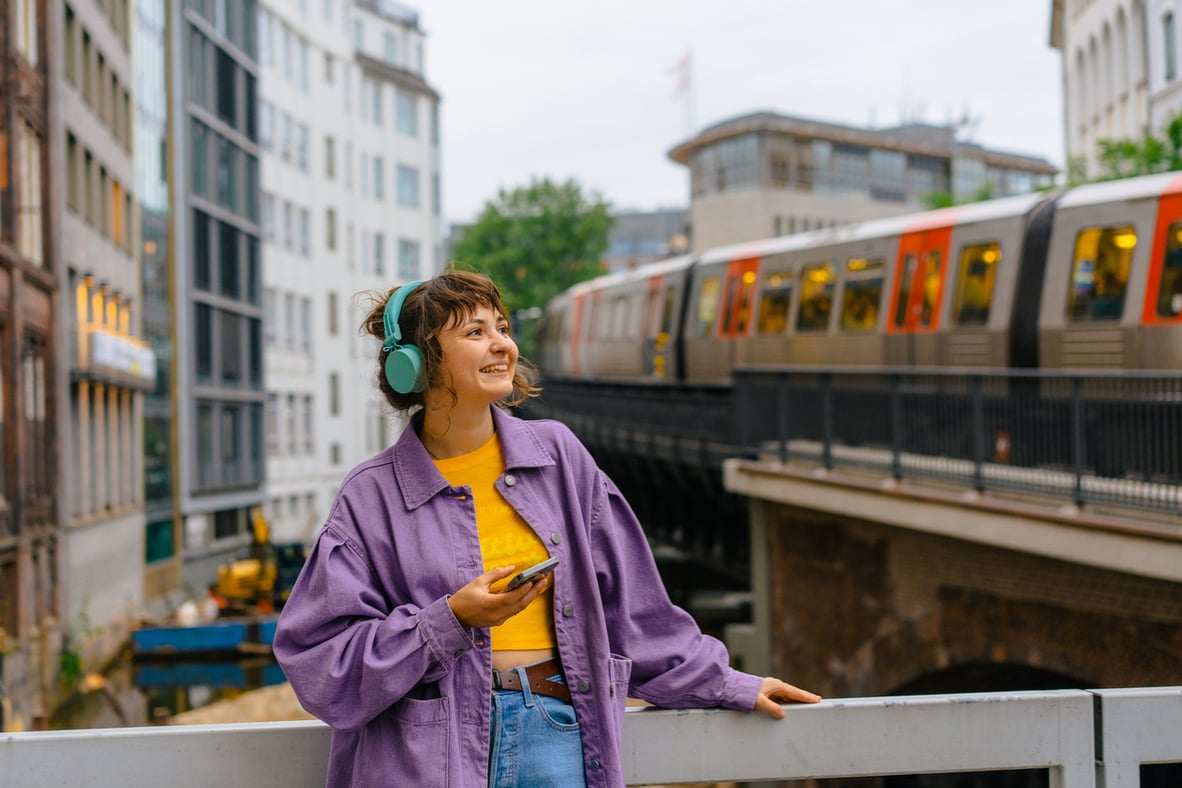
Digital nomads are like those weather-sensitive trees that prefer their pots to be moved from sunny patch to sunny patch. These adventurers want to see the world while holding down a job that supports their (nearly) carefree lifestyle. They crave the experience of new places and cultures, needing only reliable internet and technology to keep up with meetings and work deadlines. Germany, recognising this modern trend, offers two types of visa options. Let’s look at them.
Visa options for digital nomads
There are two different types of German visas that digital nomads can apply for if they work in a field that benefits the German economy or own a company that is of economic interest to the country. These are the Selbständiger (self-employment) and Freiberufler (freelance) visas.
To qualify for the Selbständiger visa, you need to own or manage a business that can contribute to the growth of the German economy and you will need a viable business plan that clearly demonstrates this.
The Freiberufler visa is the most commonly used by digital nomads because it is easier to obtain. Like the self-employment visa, your profession must also show it can be of benefit to Germany in areas such as the creative arts, advisory services, medicine, teaching, or science and technology.
Next, you’ll have to secure a freelance residence permit in Germany which typically happens after your arrival. To qualify, you will need to provide proof of legal residence and show that you will be financially stable for the duration of your stay. If you are over the age of 45 years, you must also submit proof of a good pension plan. Here’s a quick summary of the application process:
- Gather your documents
Collect all necessary documents, including proof of financial stability, letters of intent from German clients, recommendation letters, insurance proof, rental contract and a financial plan for the next three years. - Apply for the freelance entry visa
Visit your nearest German embassy or consulate to apply for the freelance entry visa (National D visa). Once it has been approved, it is valid for three months. - Wait for approval
The wait time for the visa can range from four to eight weeks, sometimes extending to three or four months. Keep in contact with the embassy for updates. - Travel to Germany
Once your entry visa is approved, schedule your trip to Germany. You have 90 days to register at the local immigration office and exchange your entry visa for the freelance residence permit. - Apply for the freelance residence permit
Register your address (Anmeldung), open a bank account and register at the tax office to receive your tax ID. After this you can apply for your freelance residence permit at the local immigration office.
The freelance visa can be converted into a residence permit that allows you to live and work in Germany for one year, with the possibility of extending it up to three years. It also enables you to be taxed favourably for all income earned during your stay, travel around the Schengen area without restrictions and work with both foreign and German clients.
If you meet the necessary requirements and follow the application process properly, you too can be a digital nomad and enjoy the flexibility and opportunities of working in Germany.



